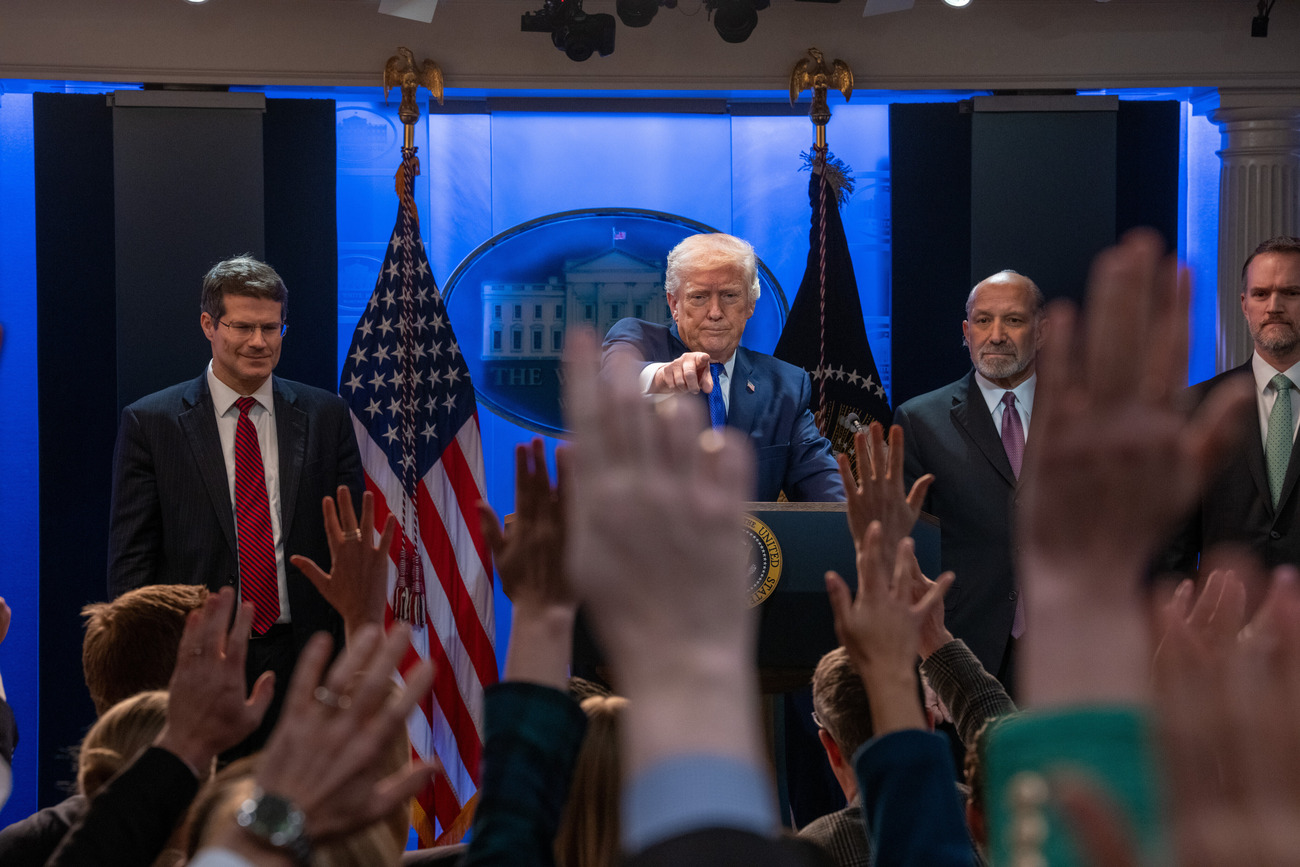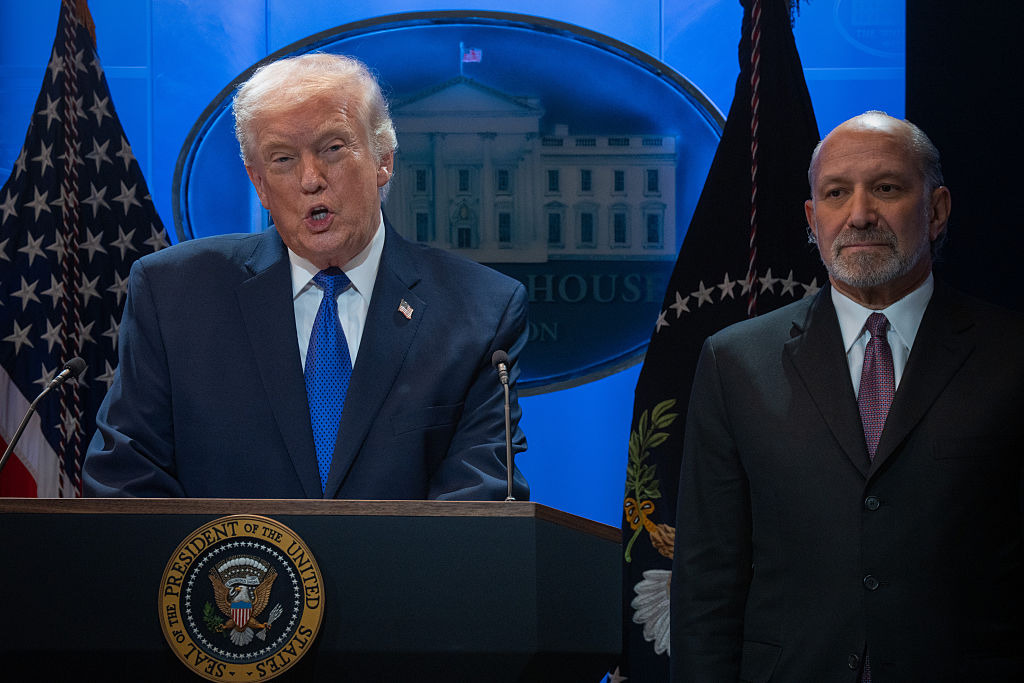Colombia and Venezuela: Tensions and Trade Relations
Colombia and Venezuela: Tensions and Trade Relations
Once again, Caracas iced ties with Bogota and suggested it would look elsewhere for imports. The move came in response to Colombian allegations that Venezuelan arms fell into guerrilla hands. An AS/COA news analysis looks at Colombian trade relations with its neighbor and regional partners.
Bilateral relations between Caracas and Bogota took another beating this week. Venezuelan President Hugo Chávez responded to Colombian allegations that Venezuelan arms fell into the hands to the Revolutionary Armed Forces of Colombia (FARC) with an announcement that “we are breaking relations with Colombia…we are going to freeze economic relations.” He also expressed concern over the prospect of a U.S. military presence in Colombia. Chilled bilateral ties could spell economic repercussions.
In the past few years, Chávez cut ties, froze relations, expelled Colombian ambassadors, and threatened war. VivirLatino blog titled its coverage on the latest tensions as “Hugo Chávez vs. Colombia: Round 1 million and 3.” A series of events have sparked Venezuelan bluster. In March 2008, the Colombian military raided a FARC camp in Ecuador. More recently, the Chávez government voiced opposition to a proposed plan that would allow U.S. military to operate out of Colombian bases, replacing the closed U.S. base in Manta, Ecuador. In the past few days, the Uribe government announced that serial numbers on rocket launchers recovered from a FARC camp show the weapons once belonged to the Venezuelan military. Chávez pulled the Venezuelan ambassador, saying his government would seek to replace Bogota with other trading partners and that Colombian assets in his country would be reviewed.
Does he really mean it this time? Venezuelan Vice President Ramón Carrizalez said that “for now” no order had been issued to close the border to trade. Still, even the threat proved to have impact: Colombia saw the value of its currency drop as much as 3.4 percent on the heels of Chávez’s announcement, reports Bloomberg. Bilateral trade amounted to over $7 billion last year, with Venezuela receiving 17.5 percent of Colombia’s exports, which accounted for 12.5 percent of Venezuela’s imports. Some Colombian business leaders worry that the tension could result in an export decline of over 10 percent.
Colombian Minister of Finance Luis Guillermo Plata said that it would be difficult for Venezuela “to replace a producer as important as Colombia.” He admitted it would be difficult for Colombia to find alternative markets as well, but that it “needs to look ahead and search for other markets,” in Central America, Canada, and the United States. He recommended the United States take a closer look at the pending free-trade agreement between the two countries. In 2008, Colombian exports to the United States amounted to $13.1 billion, but fell 28 percent in the first five months of 2009 compared with the same period last year. Bogota also looks to Canada to approve a trade pact. Legislation pending approval in the Canadian House of Commons would establish a bilateral free-trade agreement. Colombian exports to Canada were $643.7 million in 2008.
Meanwhile, Secretary General of the Organization of American States José Insulza expressed worry over the freezing of bilateral ties. And Chávez is not alone in his concern over a U.S. military presence in Colombia. Brazilian President Luiz Inácio Lula da Silva said Thursday that the idea “does not appeal to me.” He suggested his Chilean President Michelle Backelet convene a South American Defense Council meeting on the subject.
Learn More:
- AS/COA hosts Colombian President Álvaro Uribe for a public luncheon on September 24.
- AS/COA coverage of Uribe’s recent meeting with U.S. President Barack Obama.
- Presentation by Colombian Finance Minister Luis Guillermo Plata delivered at AS/COA.
- Economist Intelligence Unit Country Briefing on Colombia.
- Office of the U.S. Trade Representative fact sheet on U.S. trade with Colombia.








